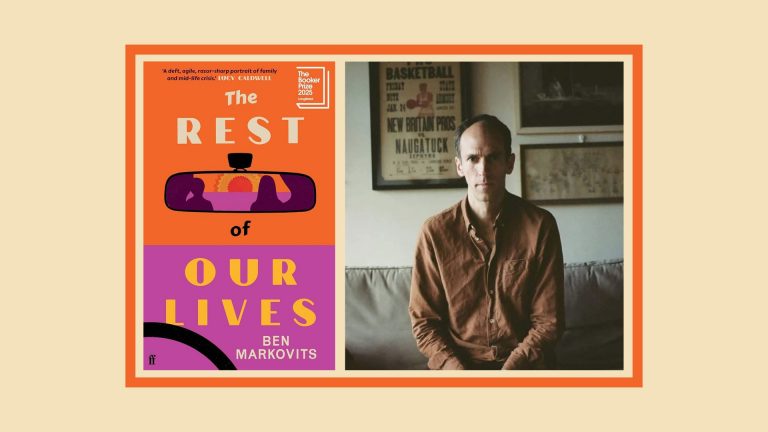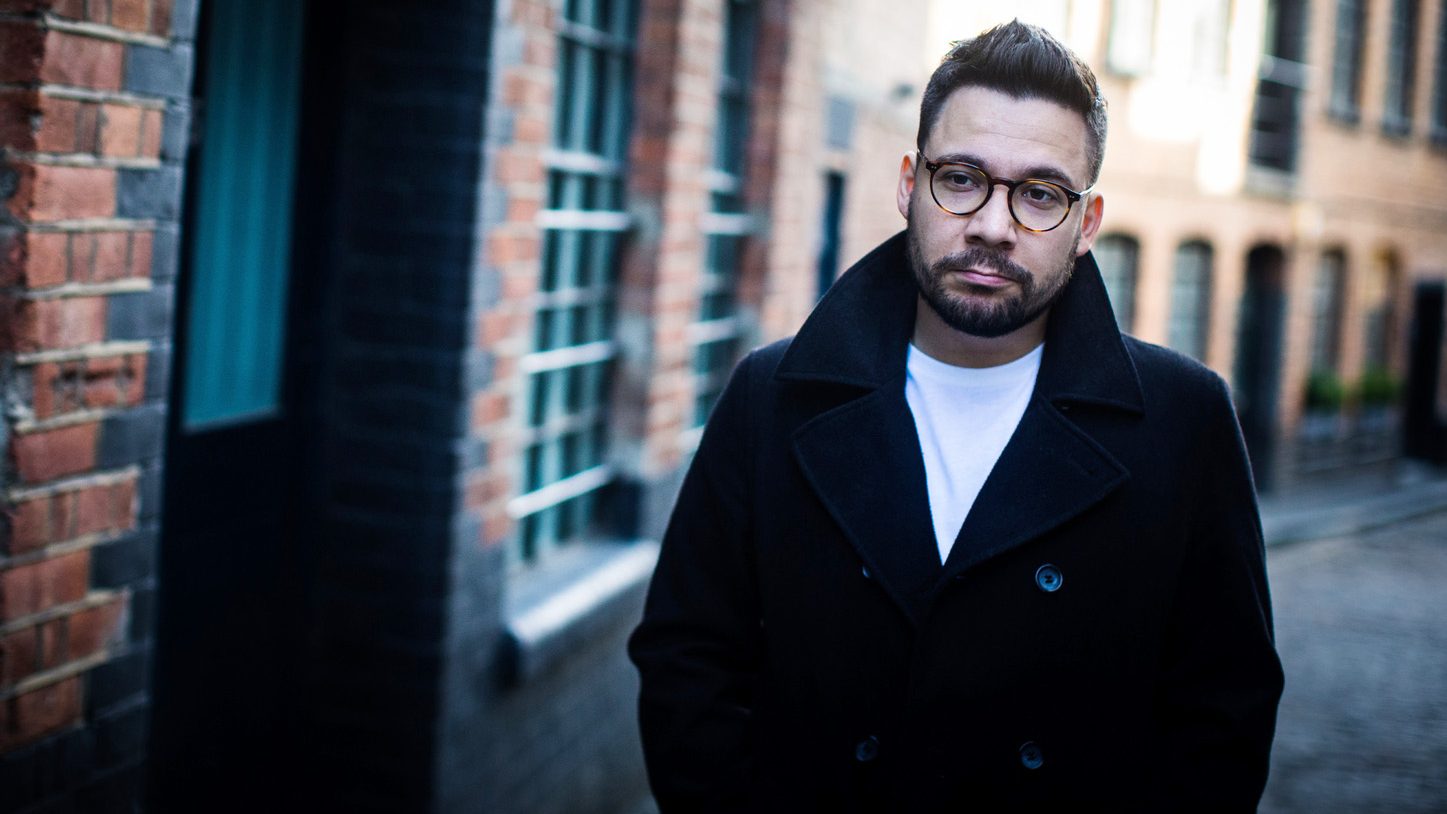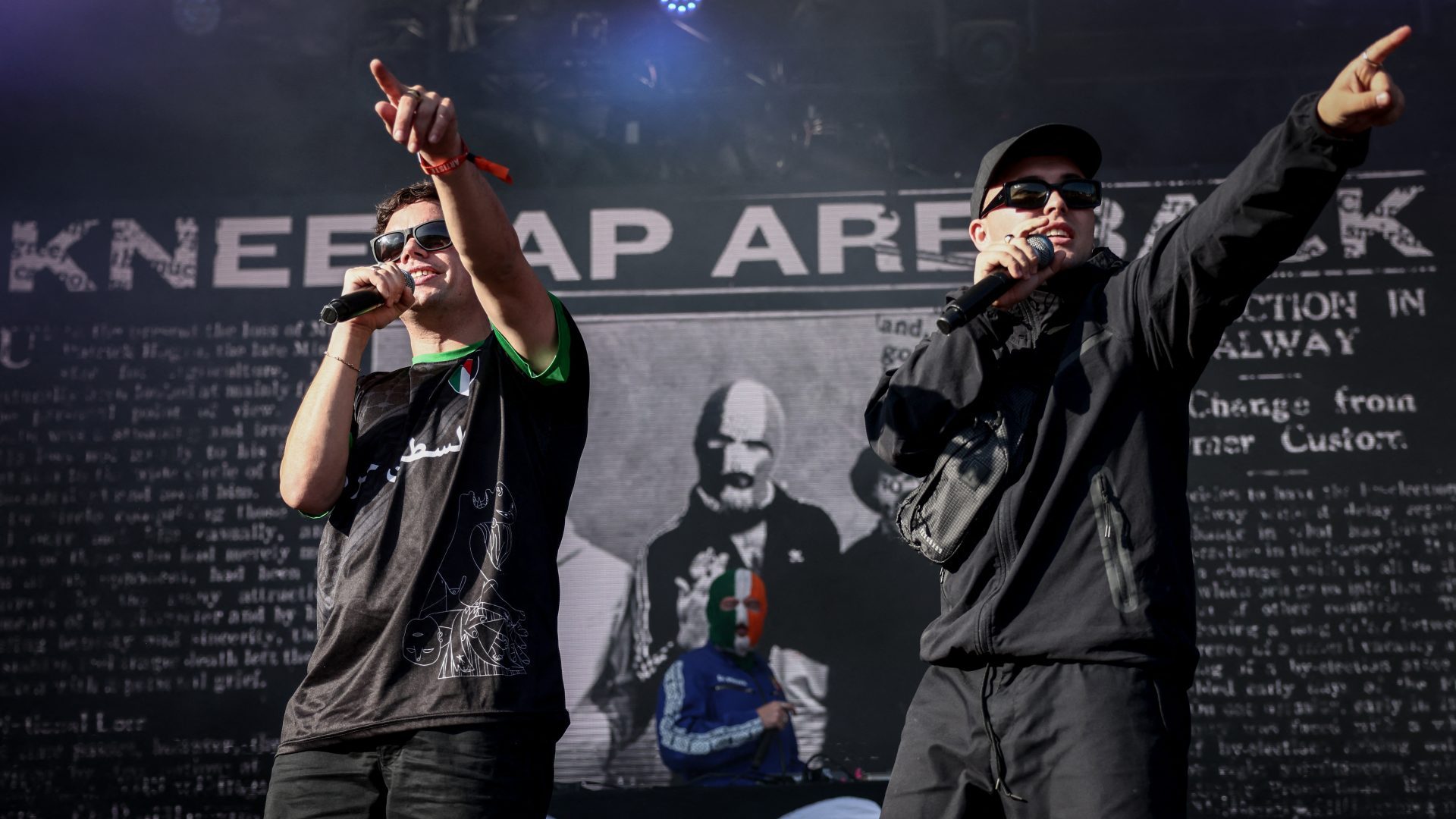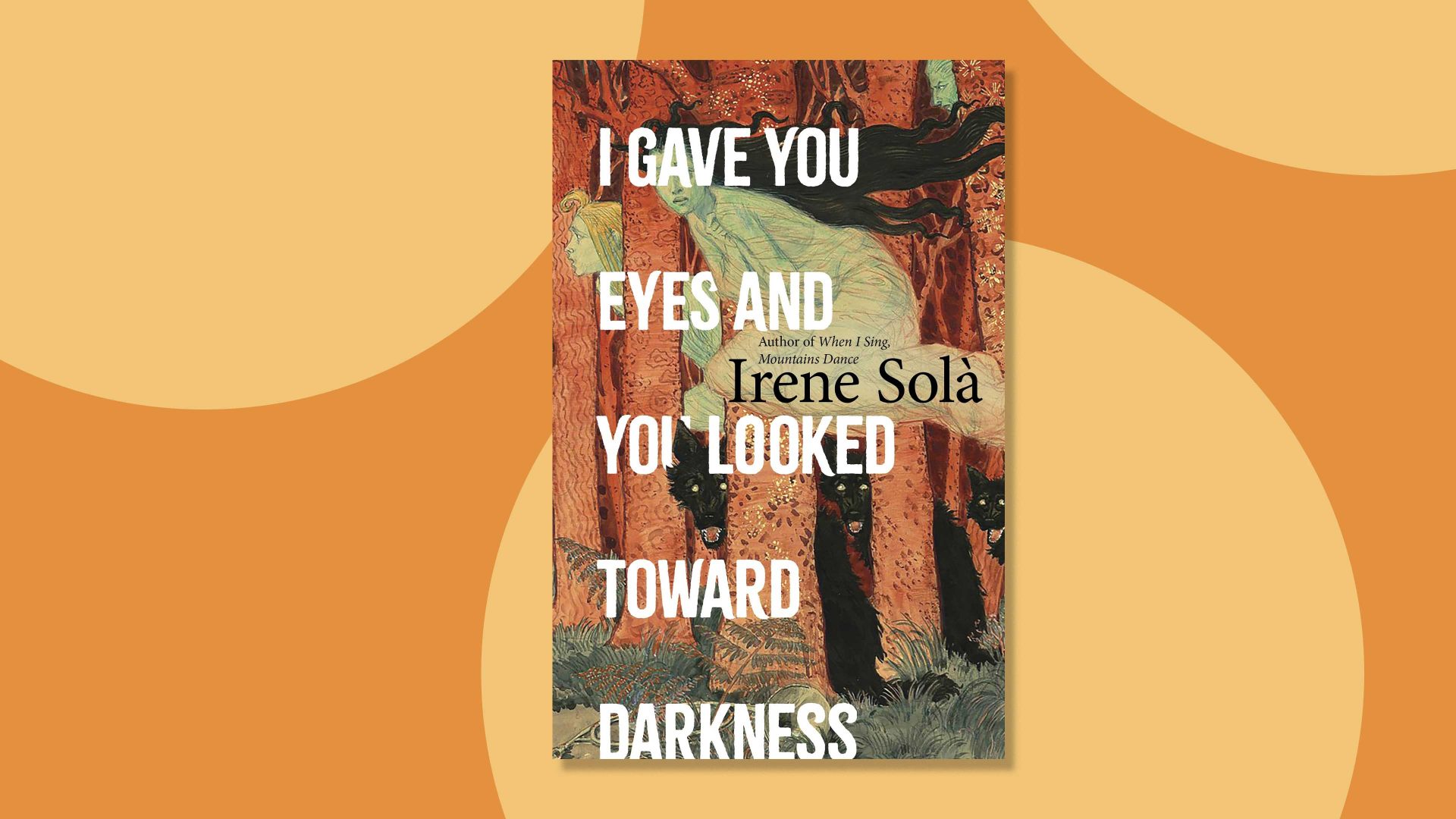Nicolás Obregón is angry. “Incensed? Yeah,” says the writer. “You can’t open a newspaper without your basest prejudices being stirred up by political racketeers. Smug ex-bankers who we bailed out in 2008, now entreating us to hate folks bailing water out of sinking dinghies. Repugnant.
“The UK has placed two ounces of truth on the seesaw of reality, and 10 tonnes of bullshit at the other end. And then people say, ‘What can be done anyway?’ Well, I don’t have the answer, but I think being outraged is the bare minimum.”
Last Christmas, I found Obregón’s Tokyo-set crime novel Blue Light Yokohama (2017) halfway down my list of books, music and films to investigate. I’m still not sure how long it had been there or how I’d come about it, but I liked the suggestion of English-language Japanese Noir. I wasn’t disappointed, as Obregón’s Inspector Iwata pulled me into a story of brutal ritualistic murder, police corruption and personal tragedy.
It was as gripping as I’d hoped, and I leapt on the follow-up, Sins As Scarlet (2018). The second Iwata book is set in downtown LA and starts on the California-Mexico border. The intercontinental leap is credible and, like Blue Light Yokohama, the plot is inspired by a real-life news cycle of people trafficking, organ theft and transgender murder.
Iwata got a third impressive run-out in Unknown Male (2019), a needle-in-a-haystack murder hunt back in teeming Tokyo. This summer’s The Sugar Man has a new cast and a new location, with diminutive FBI agent Dakota Finch returning to her childhood hometown in Pennsylvania to investigate the murder of a member of the local Amish community.
Obregón makes you clock up the air miles as a reader, but the author does his research on the ground, not the internet.
“With Sins As Scarlet I wanted to etch my name into LA’s concrete veins, her imported palm trees,” he tells me. “So, I moved there and found her typecasting unfair. Sure, traffic is bad, some people are trying to get famous. But it’s a city of millions. Scratch her surface, you will find beauty.
Suggested Reading


The Rest of Our Lives lacks a punchline and a point
“You can travel the world through her, so many glimpses of other continents. Hollywood is just one small bubble-pop in the Angeleno goulash. But the poverty is also brutal. Economic predation, the undocumented, raids by the Migra – that’s as much LA as red carpets or tacos. I walked hundreds of miles with a dictaphone and a camera.
“Fluent Spanish helped. I mentored in youth incarceration. I wanted to write an LA love letter, warts and all. I ended up with a noir trojan horse containing a story about desperate people, trying to survive in a beautiful, brutal, broken city– the world capital of inequality.”
Obregón, 41, is a man of the new world. Raised in north London by a French mother and Spanish father, he has spent the last three years living in Madrid, spending his mornings in the darkness of a hidden local gem of a coffee shop studying, eating and adoring its pan con tomate with jamón serrano and firing off reels of political fury into the Instasphere.
“I’ve always been drawn to injustice in my writing,” he says. “With the Amish, I encountered them in Pennsylvania in 2019. Slowed my car for their horse-drawn buggies. Read their birth announcements in the local newspaper, the baby’s future profession already determined (“Mr Yoder welcomed a woodcutter last Tuesday”). Their devotion to their god is total, modernity is an irrelevance. Time itself is water off a duck’s back.
“Closed societies have always fascinated me. I wasn’t baptised, which was a problem for my (religious) family. That rejection I felt led me to reject religion in turn. So, I read up on it: the Bible, the Qur’an, fringe cults. I found it all amounted to: ‘either you’re in my tent or you’re not’. During lockdown, I thought of the Amish again. Searching for a new book idea, I asked myself: ‘what if an outsider had to enter the wrong tent to find the truth? How would they clash against those rules?’”
Obregón’s future looks highly promising. He makes you believe in his characters and locations and he packs spring-loaded surprises across his plots, seeding only the slightest of clues to let the sharper readers feel good about their own detection skills. It feels like he’s only one TV or film adaptation away from breaking through to a higher league.
But what about the future of the world? Does he see any hope? “Darkness is a tide. It rolled in. It has to roll out. Otherwise, here’s hoping I’m eating my pan con tomate when the warheads drop.”
The Sugar Man by Nicolás Obregón is published by Michael Joseph/Penguin.
James Brown is an author and magazine editor



